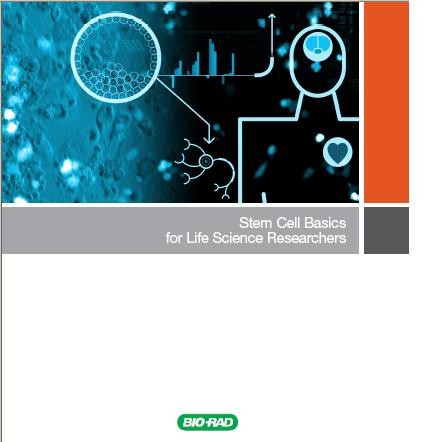In a groundbreaking achievement that could help scientists “build” new biological systems, Princeton University scientists have constructed for the first time artificial proteins that enable the growth of living cells.
The team of researchers created genetic sequences never before seen in nature, and the scientists showed that they can produce substances that sustain life in cells almost as readily as proteins produced by natureâs own toolkit.
“What we have here are molecular machines that function quite well within a living organism even though they were designed from scratch and expressed from artificial genes,” said Michael Hecht, a professor of chemistry at Princeton, who led the research. “This tells us that the molecular parts kit for life need not be limited to parts — genes and proteins — that already exist in nature.”
In a series of experiments published last week in PLoS ONE (reference below) exploring the role of differing proteins, the scientists showed that several different strains of bacteria that should have died were rescued by novel proteins designed in the laboratory. “These artificial proteins bear no relation to any known biological sequences, yet they sustained life,” Hecht said.
For the complete story see Princeton Universityâs press release.
For a primer on synthetic biology see the YouTube interview of Andrew Hessel below. If you recall, Andrew Hessel is the same synthetic biologist that we told you about last year who predicted that open source biology is helping to bring personalized medicine much closer to reality. For that post visit Andrew Hessel is a Seerâ¦Personalized Medicine is Very Near
To view Andrewâs full talk see the video below:
Michael A. Fisher, Kara L. McKinley, Luke H. Bradley, Sara R. Viola, Michael H. Hecht. De Novo Designed Proteins from a Library of Artificial Sequences Function in Escherichia Coli and Enable Cell Growth. PLoS ONE, 2011; 6 (1): e15364 DOI: 10.1371/journal.pone.0015364

